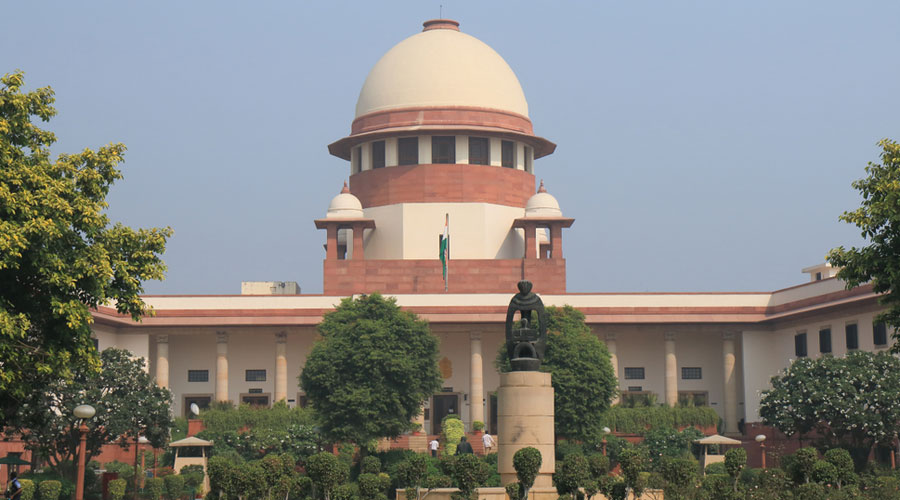The Supreme Court on Friday ruled that police and other investigating authorities were not under any statutory obligation to make public the chargesheets filed in criminal cases.
Such disclosure would violate the fundamental rights of the accused, the victim and also the investigating agency, the court added.
A copy of the chargesheet could not be defined as a public document under Section 74 of the Evidence Act, nor was it covered by Section 4(1) (b) of the Right to Information Act, the court said, dismissing a petition seeking a directive to all states to upload on their websites copies of all the chargesheets and challans filed under Section 173 of the Criminal Procedure Code.
The bench of Justice M.R. Shah and Justice C.T. Ravi Kumar was hearing an appeal filed by Saurav Das, which had claimed this as a matter of right under the Right to Information Act. Advocate Prashant Bhushan, who appeared for the petitioner, had relied on the Supreme Court’s earlier decision in the Youth Bar Association of India vs Union of India case, wherein the court had made it mandatory for police authorities across the country to upload all FIRs on the official websites within 24 hours of their registration.
“The reliance placed upon the same by the counsel appearing on behalf of the petitioner for the relief sought in the present petition is thoroughly misconceived and misplaced,” the court said.
The order to publish the FIRs within 24 hours was meant to ensure that “innocent accused are not harassed and they are able to get relief from the competent court and they are not taken by surprise”, it said.
“The directions issued by this court are in favour of the accused, which cannot be stretched to the public at large so far as the chargesheets are concerned,” Justice M.R. Shah, who authored the judgment, added.
The bench said that under Section 207 CrPC, a duty is cast upon the Investigating Officer to supply a copy of the police report and relevant documents, to be relied upon by the prosecution, to the accused and to no one else.
“Therefore, if the relief as prayed in the present petition is allowed and all the chargesheets and relevant documents produced along with the chargesheets are put on the public domain or on the websites of the state governments, it will be contrary to the Scheme of the Criminal Procedure Code and it may as such violate the rights of the accused as well as the victim and/or even the investigating agency,” the court said.











